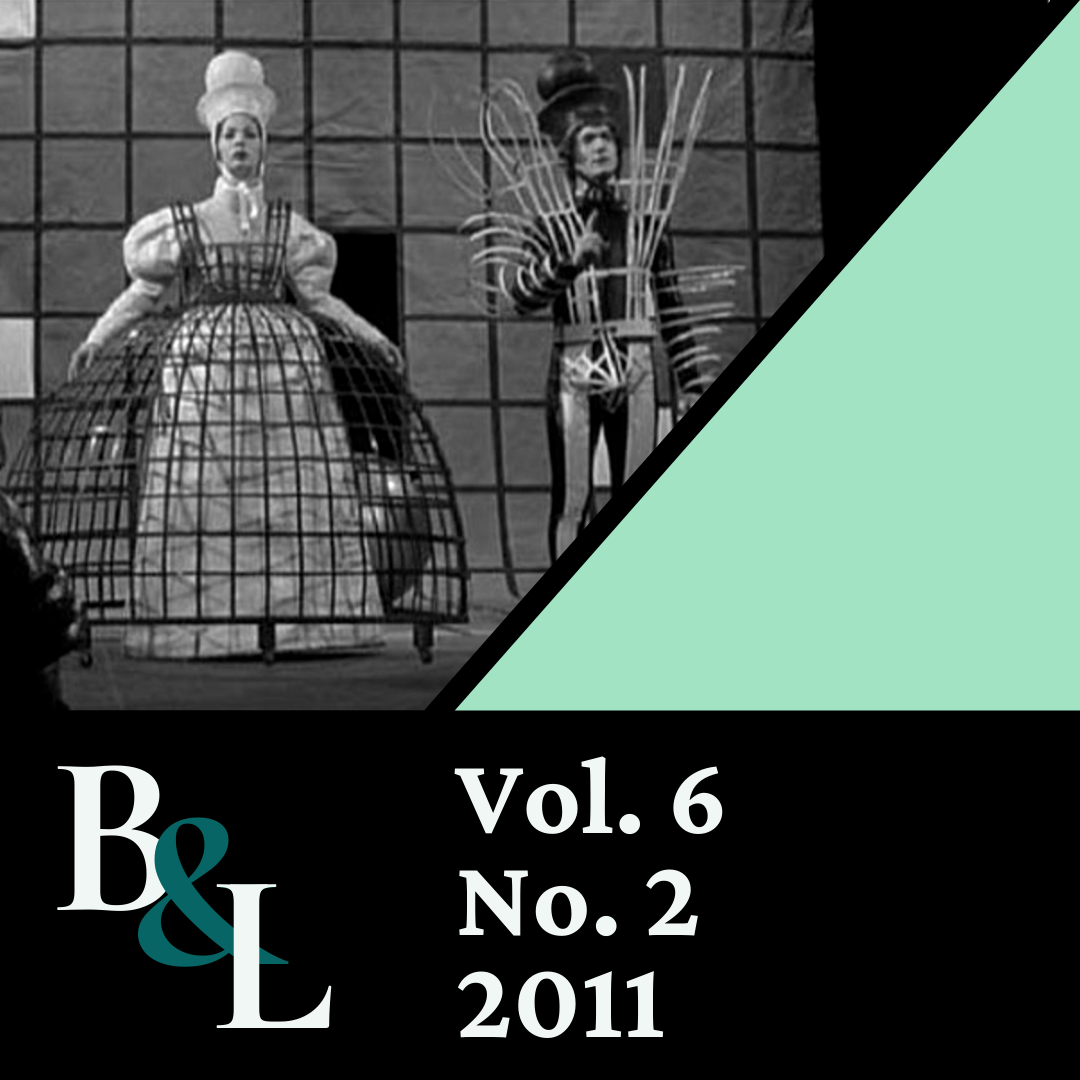Wilfred Owen and Macbeth
Abstract
In September 1911, Wilfred Owen attended a performance of Macbeth at His Majesty's Theatre, London. This event marked the beginning of a relationship with the play that was to color both his writing and the central concerns of his life. There has been much debate about the origins of Owen's distinctive poetic technique of pararhyme. This essay suggests that his earliest encounter with it may have been in this performance of Macbeth and argues the importance of the play for his development as a poet. The apocalyptic and doom-laden imagery of Macbeth nourished Owen's imagination long before he had any inkling of his destiny as a soldier. Later, the summoning of spirits in Macbeth would speak to Owen's own creative process. But the play affected him in ways that reached beyond language, becoming a touchstone for the emotional and spiritual crises in his life. The nocturnal horrors of shell-shock found a perfect mirror-image in Macbeth's nightmares and sleeplessness after the murder of Duncan. Macbeth's trajectory from valiant soldier engaged in legitimate slaughter to abject and cowardly murderer goes to the heart of Owen's tormented meditations on whether war is in fact murder. This essay reads Owen through his relation to Macbeth, but also suggests how Macbeth might be seen through Owen's eyes.


